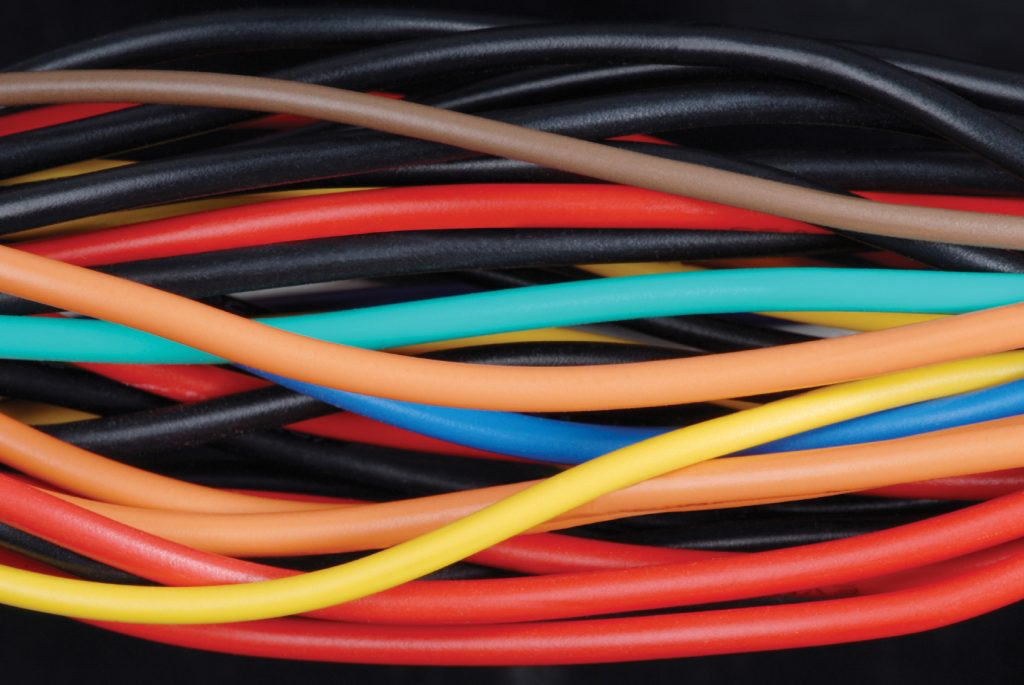
One of the worst feelings in the world is that dreaded moment where you realize the battery on your phone or laptop is losing its charge, but thanks to the wonders of accidental scientific experimentation researchers at the University of California at Irvine have found a new technology that could potentially remove that fear. In fact, it might even lead to batteries that retain their charge 400 times longer than traditional lithium ion cells.
This new innovation comes to us via Mya Le Thai, a PhD candidate at UCI, who found that by coating gold nanowire in a manganese dioxide shell and then placing it in a gel similar in composition to plexiglass, the cell could not only hold a charge as well as any traditional battery, but over hundreds of thousands of cycles could retain 100% of that capacity with zero damage to the nanowire filament.
Nanowires are already a common thing in the battery industry, but are notoriously fragile. Normally, over any large number of discharges they’re known to become brittle and prone to fracture, causing the loss of battery capacity that you normally see in your smart phone or tablet that signals the eventual need for either a replacement battery or a whole new device. This new process reduces the potential for nanowires to fracture or break and dramatically increases the lifespan of the battery as a whole.
The future of battery technology, discovered by accident
Image via e3Learning on Flickr.
Like a lot of great breakthroughs in technology, this discovery popped up largely on accident. Reginald Penner, the chairman of UCI’s chemistry department, was quoted in The Inquirer describing what happened:
“Mya was playing around and she coated this whole thing with a very thin gel layer and started to cycle it. She discovered that just by using this gel she could cycle it hundreds of thousands of times without losing any capacity. That was crazy, because these things typically die in dramatic fashion after 5,000 or 6,000 or 7,000 cycles at most.”
This dramatic increase in battery lifetime could eventually lead to a major shift for any technology that relies on portable juice packs to function. Imagine smart phones, laptops, electric cars, even space tech that could function indefinitely without the need for a replacement battery. The days of sending a beloved phone or laptop with a dying battery to the graveyard of useless tech we all keep in our closets could be coming to an end.
Shop for batteries and power banks on Newegg!
Electric cars and battery walls outfitted with this technology could survive decades longer with little need for maintenance or repair, creating the potential for these batteries to power technology developed hundreds of years after the cells themselves. Imagine battery packs that transfer from phone to phone to phone, retaining their charge and powering multiple generations of devices with no loss in capacity. It’s a phenomenon that could lead to a massively reduced need to mine or waste the materials on a new battery when you could just recycle the cells from your old car or laptop into your new model with zero fear of lost efficiency.
It’s not clear when and where we’ll first see this technology in something consumers can buy, but it’s an exciting prospect to be sure.
If you’re interested in learning more about this new technology, check out the published paper from Mya and her team.
Header image via Rob Nunn on Flickr.
